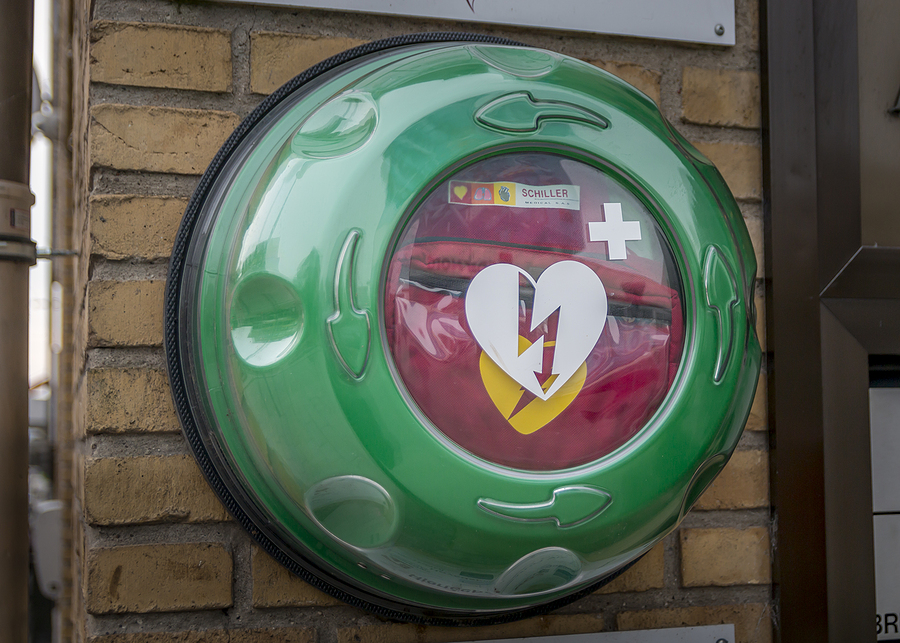The head of sports medicine at Crystal Palace Football Club, Dr Zafar Iqbal, has called for defibrillators to be installed at every secondary school in the UK, following the collapse of Danish footballer Christian Eriksen with a cardiac arrest during a football match on 19 June.
Dr Iqbal told the BBC that CPR and the use of an automated external defibrillator (AED) is a technique that everyone should know how to do. He said: “Every minute of delay reduces the chances of survival by 10%.”
Erikson collapsed shortly after half-time during a European Championship match against Finland. He was treated immediately by doctors at the scene with an AED to restart his heart, before being transferred to hospital. Doctors are carrying out tests to try and establish the cause of the sudden cardiac arrest.
The 29-year-old footballer remains in hospital at the time of writing, where he will be fitted with an implantable cardioverter defibrillator (ICD), a small device which is placed under the skin, and connected to the heart with thin wires which send electrical pulses to regulate abnormal heart conditions.
Professional UK footballers are subject to mandatory heart scans every two years between the ages of 16 and 25 to detect any abnormalities in the heart function and structure. However, very subtle changes can sometimes be missed, especially in young men.
A cardiac arrest is different to a heart attack, which is caused by the blood supply to the heart being cut off. This is usually because of a clot in one of the coronary arteries, and is often caused by an unhealthy diet or smoking. Healthy young men tend not to be vulnerable to blocked arteries, but extreme stress can sometimes cause the heart to stop beating.
Common causes of cardiac arrest in younger people include an abnormal heart rhythm, cardiomyopathy (a disease affecting the size and shape of the heart), or acute myocarditis (inflammation of the heart muscle).
For more information about Myocarditis UK, please contact us today.


